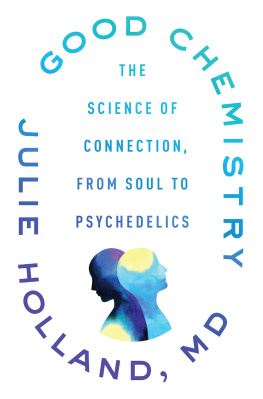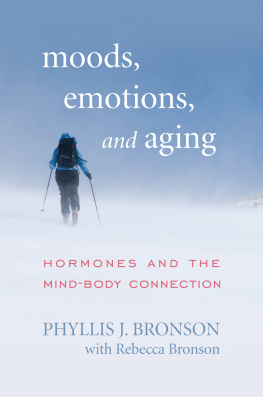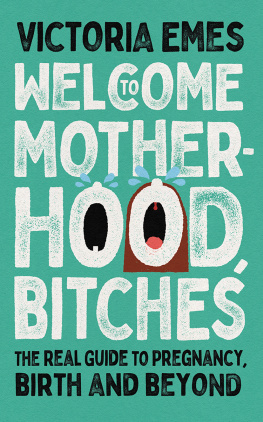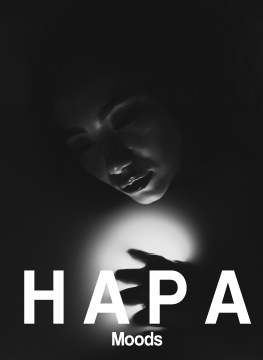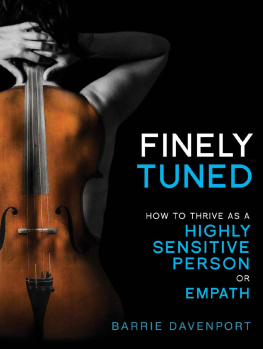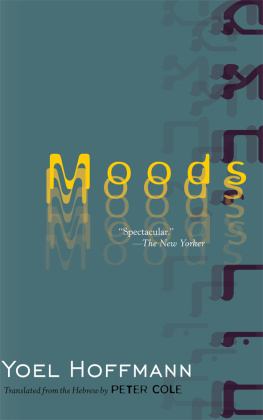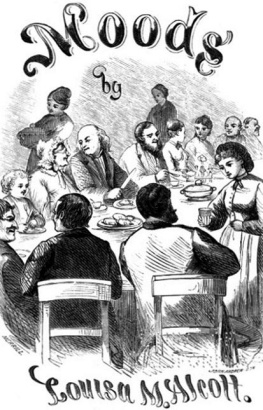Julie Holland - Moody Bitches: The Truth About the Drugs Youre Taking, The Sleep Youre Missing, The Sex Youre Not Having, and Whats Really Making You Crazy
Here you can read online Julie Holland - Moody Bitches: The Truth About the Drugs Youre Taking, The Sleep Youre Missing, The Sex Youre Not Having, and Whats Really Making You Crazy full text of the book (entire story) in english for free. Download pdf and epub, get meaning, cover and reviews about this ebook. year: 2015, publisher: Penguin Press, genre: Romance novel. Description of the work, (preface) as well as reviews are available. Best literature library LitArk.com created for fans of good reading and offers a wide selection of genres:
Romance novel
Science fiction
Adventure
Detective
Science
History
Home and family
Prose
Art
Politics
Computer
Non-fiction
Religion
Business
Children
Humor
Choose a favorite category and find really read worthwhile books. Enjoy immersion in the world of imagination, feel the emotions of the characters or learn something new for yourself, make an fascinating discovery.

- Book:Moody Bitches: The Truth About the Drugs Youre Taking, The Sleep Youre Missing, The Sex Youre Not Having, and Whats Really Making You Crazy
- Author:
- Publisher:Penguin Press
- Genre:
- Year:2015
- Rating:5 / 5
- Favourites:Add to favourites
- Your mark:
Moody Bitches: The Truth About the Drugs Youre Taking, The Sleep Youre Missing, The Sex Youre Not Having, and Whats Really Making You Crazy: summary, description and annotation
We offer to read an annotation, description, summary or preface (depends on what the author of the book "Moody Bitches: The Truth About the Drugs Youre Taking, The Sleep Youre Missing, The Sex Youre Not Having, and Whats Really Making You Crazy" wrote himself). If you haven't found the necessary information about the book — write in the comments, we will try to find it.
As women, we learn from an early age that our moods are a problem. Bitches are moody. To succeed in life, we are told, we must have it all under control. We have to tamp down our inherent shifts in favor of a more static way of being. But our bodies are wiser than we imagine. Moods are not an annoyance to be stuffed away. They are a finely-tuned feedback system that, if heeded, can tell us how best to manage our lives. Our changing moods let us know when our bodies are primed to tackle different challenges and when we should be alert to developing problems. They help us select the right tool for each of our many jobs. If we deny our emotionality, we deny the breadth of our talents. With the right care of our inherently dynamic bodies, we can master our moods to avail ourselves of this great natural strength.
Yet millions of American women are medicating away their emotions because our culture says that moodiness is a problem to be fixed. One in four of us takes a psychiatric drug. If you add sleeping pills to the mix, the statistics become considerably higher. Over-prescribed medications can have devastating consequences for women in many areas of our lives: sex, relationships, sleep, eating, focus, balance, and aging. And even if we dont pop a pill, women everywhere are numbing their emotions with food, alcohol, and a host of addictive behaviors that deny the wisdom of our bodies and keep us from addressing the real issues that we face.
Dr. Julie Holland knows there is a better way. Shes been sharing her frank and funny wisdom with her patients for years, and in Moody Bitches Dr. Holland offers readers a guide to our bodies and our moodiness that includes insider information about the pros and cons of the drugs were being offered, the direct link between food and mood, an honest discussion about sex, practical exercise and sleep strategies, as well as some surprising and highly effective natural therapies that can help us press the reset button on our own bodies and minds.
In the tradition of Our Bodies, Our Selves, this groundbreaking guide for women of all ages will forge a much needed new path in womens healthand offer women invaluable information on how to live better, and be more balanced, at every stage of life.
Julie Holland: author's other books
Who wrote Moody Bitches: The Truth About the Drugs Youre Taking, The Sleep Youre Missing, The Sex Youre Not Having, and Whats Really Making You Crazy? Find out the surname, the name of the author of the book and a list of all author's works by series.

